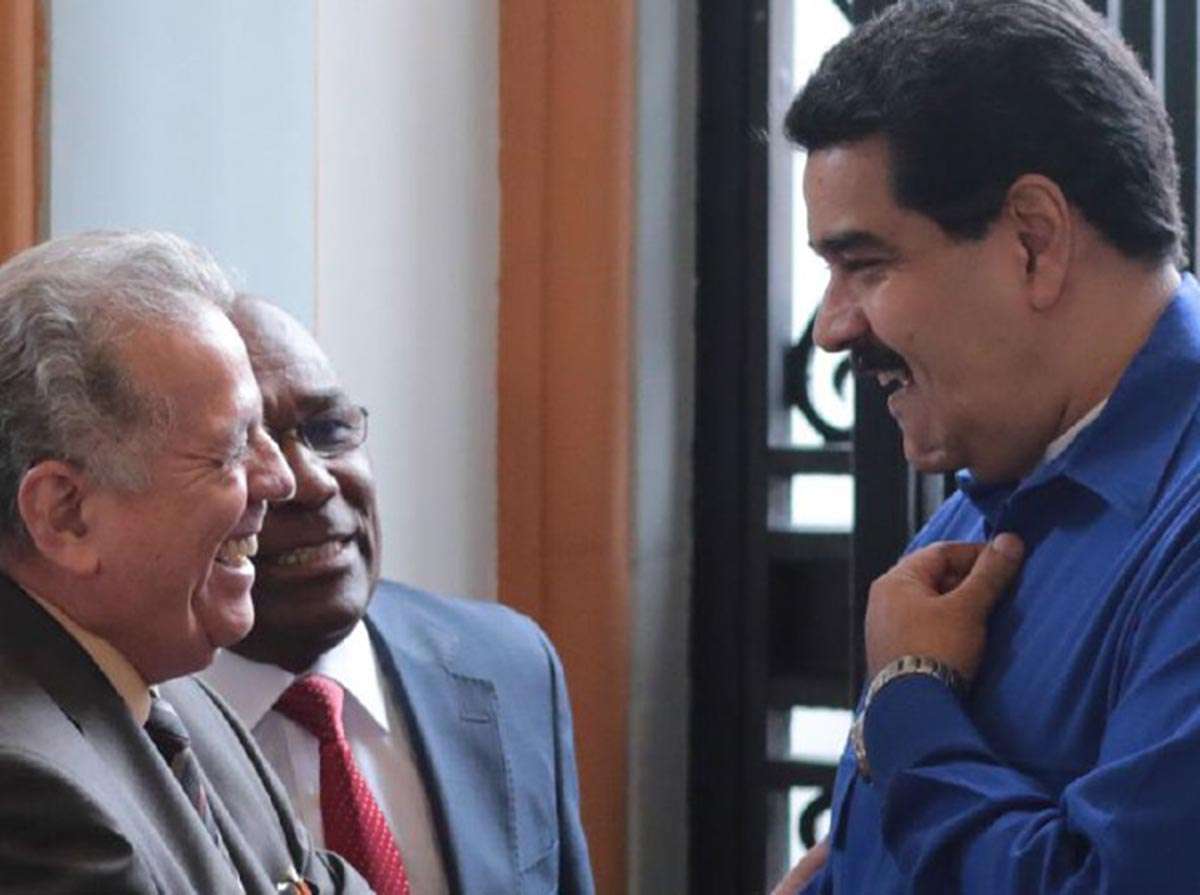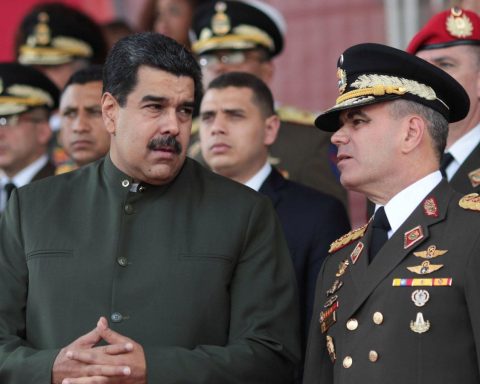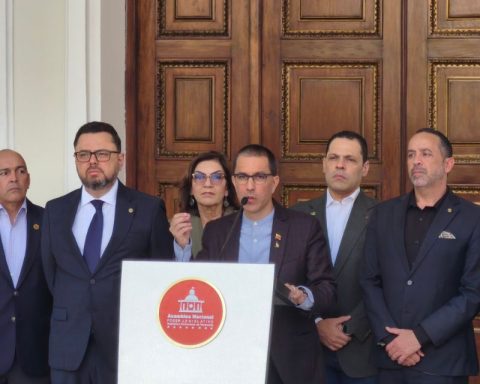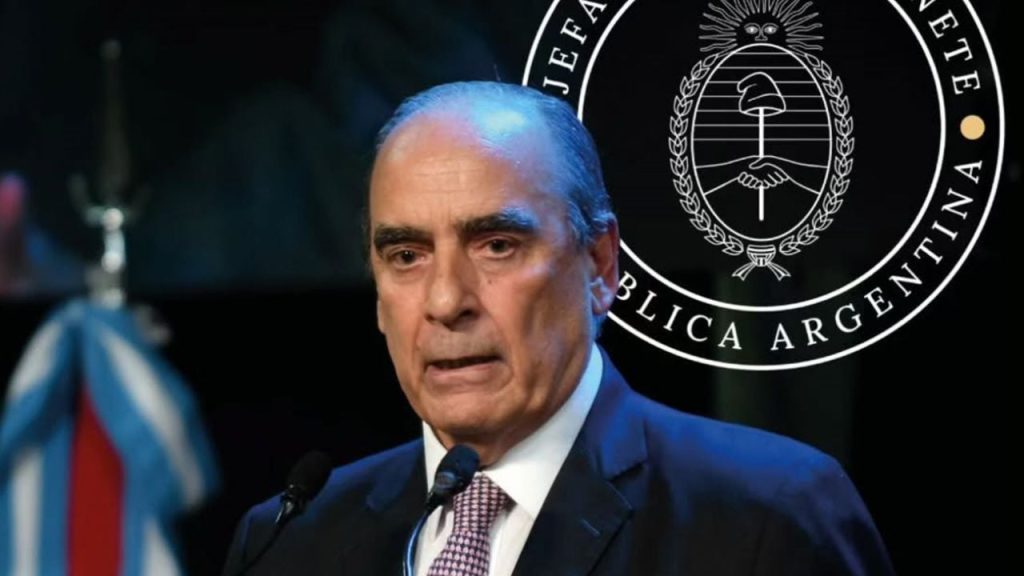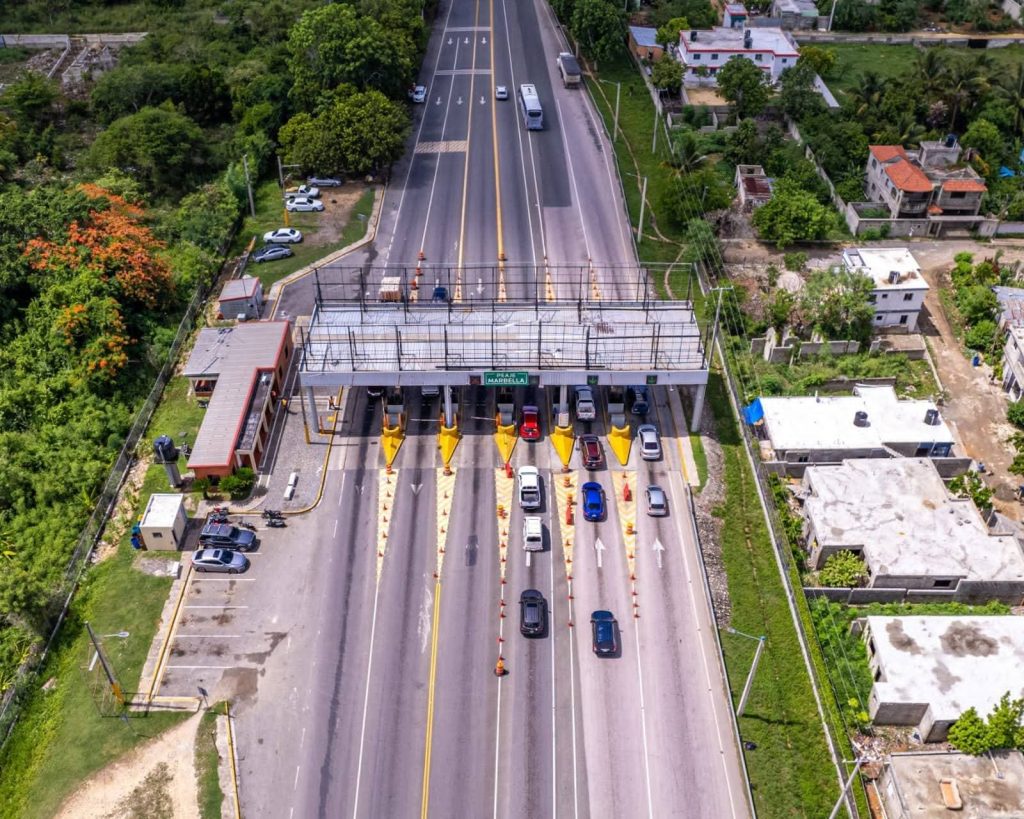An example of dignity, courage and revolutionary struggle is the legacy left by Isaías Rodríguez, who died this January 12 at the age of 82, after defending the constitutional thread during the 2002 coup against President Hugo Chávez.
Rodríguez was originally from Valle de la Pascua, Guárico state, where he was born on December 16, 1942. There he spent part of his childhood between milking cows and living in the countryside, until his father decided to come to Caracas.
“He remembers his father’s words when, having made the decision to go to Caracas with his family, his wife asked him what they were going to live on, and the man responded: ‘From telling stories in Plaza Bolívar.’ To bolivar every story,’” Rodríguez told journalists in an interview published by Ciudad Caracas.
In the capital, he studied at the Central University of Venezuela (UCV), where he graduated as a lawyer and specialized in labor law. From there he began his political activism in parties such as Democratic Action, and later joined the People’s Electoral Movement (MEP), along with the revolutionary leader Luis Beltrán Prieto Figueroa.

New stage. He was one of the founders of the Fifth Republic Movement (MVR), the flagship party that, along with other revolutionary forces, brought Hugo Chávez to the Presidency of the Republic in 1998.
A year later he was a deputy to the Constituent Assembly that gave rise to the current Magna Carta, where, as President Nicolás Maduro recalled in one of his messages after learning of his physical departure, he was “editor of the fundamental articles and chapters.”
After the approval, by a large majority, of the Bolivarian Constitution, he would become the first Vice President of the Republic of this historical stage that the country is experiencing.
Dignity. However, on December 26, 2000, with the majority vote of the National Assembly, he was appointed attorney general of the Republic, where he had his highest moment during the coup d’état that political, business and media sectors promoted against Commander Chávez. on April 11 and 12, 2002.
And just that day, when the media thought that the attorney general would endorse the breaking of the constitutional thread with his statements, Rodríguez used that platform to give an example of dignity.
“The President has not resigned, and at no time has the Public Ministry been shown written proof of that express resignation. President Hugo Chávez continues to be the president of the Republic,” he expressed.


Constituent 2017. Isaías Rodríguez was also second vice president of the National Constituent Assembly (ANC) in 2017, although he was later replaced by Elvis Amoroso.
On November 9 of that year, Isaías Rodríguez appears on a list of Venezuelan officials to whom the United States Department of the Treasury unilaterally applied sanctions, for being one of the signatories of the decree that required governors elected on November 15 October to be sworn in before the ANC.
Rodríguez’s response, upon learning the news, according to him, through “a journalist friend,” comes in the form of a poem, which he titled Que malluck, Luisana, which he published on his personal blog.
“There is no evil that does not come for good,” says a saying from my land, “and those who like war.”
let the war entertain him; “I was born and raised in harangues, I am happy with my ideas, I like to fight the ruling class and I am a sucker when things are bad.”
But this would not be the only sanction that Rodríguez would receive from a foreign government. In March 2018, the Ministry of Economy and Finance of that country issued Resolution 02, which shows a list of 55 Venezuelan Government officials, including the politician.
His last years in politics were as Venezuela’s ambassador to Italy (2018-2019), where he denounced the damage that US sanctions were doing to the country. l
Defender of the communal state
The politician was also a believer and promoter of the communal State, a proposal that is currently promoted by President Nicolás Maduro, through participatory and leading democracy.
For Isaías Rodríguez this was not utopian, but there were already experiences in other countries, for example, Italy. Furthermore, it was the most suitable way to solve the problems by the organized Popular Power.
“I believe that the commune is the ideal state for working in society,” he says in a text published on his blog, where he adds: “The Commune is the best space to educate people to live in society, to live in the understanding that the most important thing is not a human being, but human beings…”.
